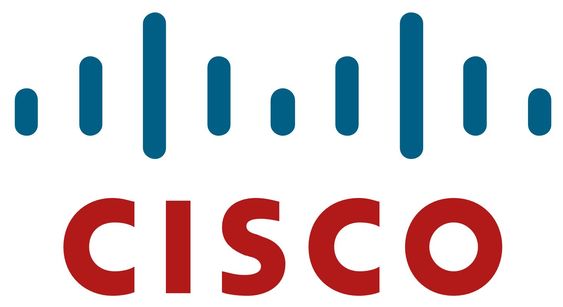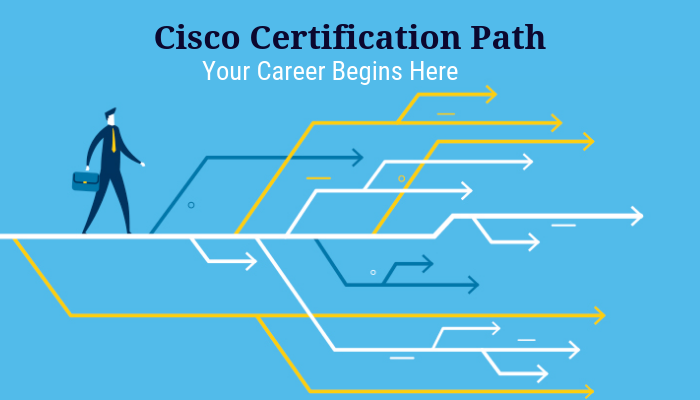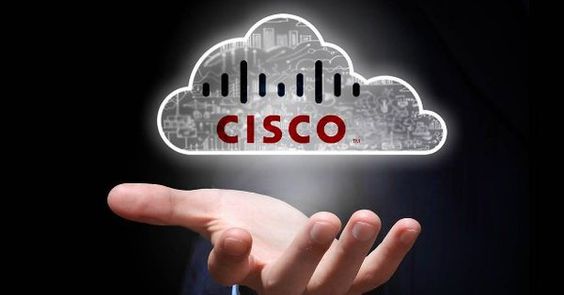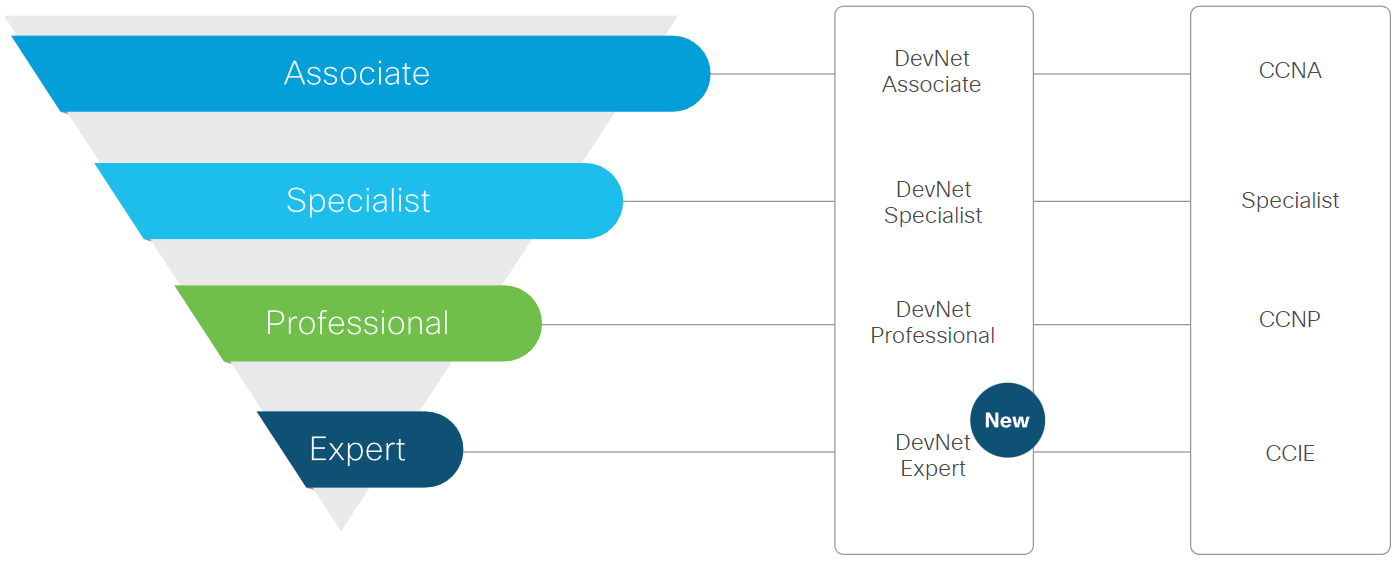Cisco Course Types: Choosing the Best for You
Cisco courses are an excellent opportunity for those who want to master networking skills and knowledge. Cisco courses cover a wide range of topics, from basic networking to advanced topics such as network security and cloud computing. Cisco courses are designed for a variety of user groups, including students, IT professionals, network engineers and administrators, and people who want to start a career in the IT field. Cisco courses can be useful for those who want to improve their knowledge and skills in networking, gain new skills needed to move up the career ladder, or for those who want to get a Cisco certification.

Cisco Course Types: Choosing the Best for You
Cisco courses are certification programs that enable IT professionals to expand their networking knowledge and skills. There are several types of Cisco courses, each aimed at different levels of knowledge and experience.
For beginners, the most suitable course is:
- Implementing and Administering Cisco Solutions (CCNA)
This course provides a basic knowledge and understanding of the basic principles of networking. This course prepares you for the CCNA (Cisco Certified Network Associate) exam.
For those who already have experience in the field of network technologies, you should consider courses for the CCNP Enterprise (Cisco Certified Network Professional) certification level, which has several areas: Enterprise, Service Provider, Data Center, Security, Collaboration . For each direction there are corresponding training courses.
For CCNP Enterprise:
- Implementing and Operating Cisco Enterprise Network Core Technologies (ENCOR)
- Implementing Cisco Enterprise Advanced Routing and Services (ENARSI)
- Implementing Cisco SD-WAN Solutions (ENSDWI)
- Designing Cisco Enterprise Networks (ENSLD)
- Designing Cisco Enterprise Wireless Networks (ENWLSD)
- Implementing Cisco Enterprise Wireless Networks (ENWLSI)
- Implementing Automation for Cisco Enterprise Solutions (ENAUI)
For CCNP Service Provider:
- Implementing and Operating Cisco Service Provider Network Core Technologies (SPCOR)
- Implementing Cisco Service Provider Advanced Routing Solutions (SPRI)
- Implementing Cisco Service Provider VPN Services (SPVI)
- Implementing Automation for Cisco Service Provider Solutions (SPAUI)
For CCNP Data Center:
- Implementing and Operating Cisco Data Center Core Technologies (DCCOR)
- Designing Cisco Data Center Infrastructure (DCID)
- Troubleshooting Cisco Data Center Infrastructure (DCIT)
- Implementing Cisco Application Centric Infrastructure (DCACI)
- Implementing Cisco Application Centric Infrastructure–Advanced (DCACIA)
- Implementing Automation for Cisco Data Center Solutions (DCAUI)

For CCNP Security:
- Implementing and Operating Cisco Security Core Technologies (SCOR)
- Securing Networks with Cisco Firepower Next Generation Firewall (SSNGFW)
- Securing Networks with Cisco Firepower Next-Generation IPS (SSFIPS)
- Implementing and Configuring Cisco Identity Services Engine (SISE)
- Securing Email with Cisco Email Security Appliance (SESA)
- Securing the Web with Cisco Web Security Appliance (SWSA)
- Implementing Secure Solutions with Virtual Private Networks (SVPN)
- Implementing Automation for Cisco Security Solutions (SAUI)
For CCNP Collaboration:
- Implementing and Operating Cisco Collaboration Core Technologies (CLCOR)
- Implementing Cisco Collaboration Applications (CLICA)
- Implementing Cisco Advanced Call Control and Mobility Services (CLACCM)
- Implementing Cisco Collaboration Cloud and Edge Solutions (CLCEI)
- Implementing Automation for Cisco Collaboration Solutions (CLAUI)
These courses are designed for professionals with experience in the field of network technologies and provide deep knowledge in various areas of network infrastructure, including routing, switching, security, and more. Students of CCNP courses can choose from different directions depending on their needs and specialization . Choosing the right Cisco course depends on the student’s level of knowledge and experience, as well as their professional interests and needs. Beginners should start with the CCENT course and then continue with the CCNA course. Experienced professionals can choose the CCNP or CCIE course depending on their needs. In any case, Cisco certification programs provide ample opportunities for development.
In addition, there are CCIE (Cisco Certified Internetwork Expert) courses for those who want to specialize in a specific area of networking. CCIE courses are the highest level of Cisco certification and are designed for experienced professionals who already have a high level of networking knowledge and experience. CCIE courses provide in-depth knowledge in areas such as routing, switching, security, VoIP and others.
Certification
In total, there are three levels of certification in the Cisco program: Associate , Professional and Expert . Each level has its own characteristics and requirements.
Associate
The Cisco Associate Certification is a level of certification that validates basic networking knowledge and skills. This certification is the first step towards Cisco professional and expert certifications.
CCNA certification confirms knowledge and skills in the field of installation, configuration, management and maintenance of networks based on Cisco equipment. It includes topics such as routing, switching, network security, IPv6, routing between networks, and more.
To obtain CCNA certification, one must pass one exam (200-301 CCNA) which tests knowledge on various aspects of networking technologies.
CCNA certification has a wide application in various industries, including IT, telecommunications, finance, healthcare, education, and more. It can serve as a great start to a career in networking and is the basis for obtaining more advanced Cisco certifications.
Professional
Cisco Professional level certification, one of the most sought-after certifications from Cisco is CCNP (Cisco Certified Network Professional), which has several areas: Enterprise, Service Provider, Data Center, Security, Collaboration.
CCNP Enterprise is designed for professionals involved in the design, configuration and support of corporate networks. The certification includes knowledge and skills in routing, switching, VPN, network security, and more.
CCNP Service Provider is designed for professionals working in the field of providing communication services. The certification includes knowledge and skills in IP telephony technologies, MPLS, QoS, VPN, network security, etc.
CCNP Data Center is designed for data and cloud professionals. Certification includes knowledge and skills in data storage, virtualization, monitoring, resource management, etc.
CCNP Security is designed for network security professionals. The certification includes knowledge and skills in firewalls, VPN, IPS, traffic monitoring and analysis, etc.
CCNP Collaboration is intended for professionals working in the field of communications and collaboration. The certification includes knowledge and skills in the field of IP telephony, video conferencing, instant messengers, collaborative applications, etc.
Each of the areas of CCNP is a serious training program and requires serious preparation from the candidate. Obtaining CCNP certification allows a specialist to improve their skills and expand opportunities for developing their career in the IT field.

Expert
The Cisco Expert certification level includes several categories: CCIE Enterprise Infrastructure, CCIE Enterprise Wireless, CCIE Service Provider, CCIE Data Center, CCIE Security, CCIE Collaboration, CCDE.
CCIE Enterprise Infrastructure covers various aspects of designing, implementing and managing enterprise networks. CCIE Enterprise Wireless , in turn, focuses on wireless network technologies, their design and configuration. CCIE Service Provider implies knowledge of the technologies required to build and manage provider networks. CCIE Data Center is focused on designing, installing and configuring data center infrastructure. CCIE Security is responsible for protecting corporate networks and applications from external threats. CCIE Collaboration covers communication and collaboration technologies such as video conferencing, voice and video communications, messaging, and more.CCDEs are design experts who are able to develop complex technical solutions, taking into account the company’s business needs.
Each of the Cisco Expert certification levels requires a significant level of network infrastructure knowledge, experience, and skill. Before you can get certified, you must successfully pass a series of tests and exams, as well as demonstrate your skills in live environments.
Benefits of Studying Cisco Courses: How They Can Help Your Career
Studying in Cisco Authorized Courses is one of the most rewarding steps for individuals seeking professional advancement in the networking industry. Cisco is one of the leading manufacturers of networking equipment and their courses provide students with in-depth knowledge of various aspects of networking systems.

Here are some of the benefits of studying with Cisco Authorized Courses:
- Advanced Skills: Cisco courses provide students with extensive knowledge of network architecture, routing and switching technologies, security protocols, and more. The acquired knowledge will help improve the qualifications of a specialist in the field of network technologies and make it more attractive to employers.
- Pay Increases: Networking professionals who complete Cisco courses are eligible for pay increases as a result of their qualifications. This is because they can offer employers a wider range of services and knowledge.
- Self-Confidence: Cisco-authorized courses provide students with an in-depth knowledge of networking technologies that makes them feel more confident in their professional abilities. They can make informed decisions and solve networking problems more effectively.
- Career Opportunities: Cisco courses help students open doors to new career opportunities. Higher skill levels will enable them to qualify for higher positions in network technology as well as higher salaries.
In general, studying at Cisco Authorized Courses is an important step for those who want to develop in the field of networking and achieve success in their careers.

How to Prepare for Cisco Courses: Best Practices and Tips
Cisco courses are among the most prestigious in the field of networking, and preparation for them requires a serious approach. In this article, we’ll look at a few best practices and tips to help you succeed in your Cisco training.
- Determine your goals and level of preparation. Before you start learning Cisco courses, it is important to understand what goals you want to achieve and at what level you are now. This will help you choose the right course and prepare for it most effectively.
- Learn the necessary theory. Before starting Cisco courses, it is recommended that you learn the basic principles and terms associated with networking. This will help you better understand the course material and absorb new information faster.
- Practice using network equipment. To successfully complete Cisco courses, it is important to have practical skills in working with network equipment. It is recommended that you practice setting up and managing your network using virtual environments or real devices.
- Use additional materials. Additional resources such as books, articles, and video tutorials can be used to gain a deeper understanding of Cisco course material. They will help to strengthen the acquired knowledge and improve practical skills.
- Connect with experienced professionals. For more knowledge and advice, you can contact experienced networking professionals. It is recommended to visit professional forums and communities where you can ask questions and get qualified answers.
- Don’t forget to practice. After taking Cisco courses, it is important to keep practicing and improving your skills. This will help you consolidate your knowledge and prepare for certification exams.
Getting Cisco Certifications: Why They Matter and How to Get Them
Cisco certifications are among the most respected and recognized in the information technology industry. They confirm possession of the skills and knowledge necessary to work with Cisco network equipment. Earning Cisco certifications can greatly improve your career prospects and boost your income.

There are several levels of Cisco certification, ranging from Associate to Expert. Each level provides unique knowledge and skills that allow you to work with different types of network equipment and solve complex problems. The most popular are CCNA, CCNP and CCIE certificates.
To obtain Cisco certifications, you must pass the appropriate exams. Exams are held at official test centers and can be taken online or live at a test center. Before passing the exams, it is necessary to carefully prepare by studying the relevant literature and passing practical exercises.
How to Choose a Training Center for Cisco Courses: Advice from Experts
Choosing a training center to take Cisco-authorized courses can be a daunting task, especially for those who are just getting started in networking. Let’s take a look at some tips from experts to help you choose the right training center to achieve your goals.
Examine the reputation of the training center
- One of the most important factors when choosing a training center is its reputation and the status of a Cisco Learning Partner. Find out how many years the training center has been operating and what experience it has in the field of network technologies. Read testimonials from listeners and experts in the field. Contact colleagues who have already taken Cisco-authorized courses to get their opinion on the chosen training center.
Check the qualifications of teachers
- A training center may have a good reputation, but if its instructors are not qualified enough, this can negatively affect the quality of training. Find out what certifications instructors have, what experience they have and what projects they have implemented. A good instructor should not only know the theory, but also have the practical skills to share their knowledge and experience.
Explore curricula and learning formats
- When choosing a training center, it is important to be familiar with the curriculum and teaching methods used in Cisco courses. Make sure the training center provides all the necessary Cisco brand training materials and tools to effectively learn networking technologies. Pay attention to the training formats that are used in the center: it can be online training or classroom training. Choose the format that best suits your needs.

MUK is an authorized Cisco Learning Partner that provides authorized training on Cisco products and technologies.
After completing Cisco courses at the MUK Training Center, participants receive official Cisco certificates of successful course completion. On the basis of the MUK Training Center, a Pearson VUE certification center has been opened, where students can take exams to obtain the appropriate Cisco certificates that confirm their knowledge and skills in the field of network technologies. These certifications are recognized by the industry and can enhance professional prospects.
In summary, the MUK Learning Center provides high-quality Cisco-authorized training that can help participants improve their IT skills and career prospects.






